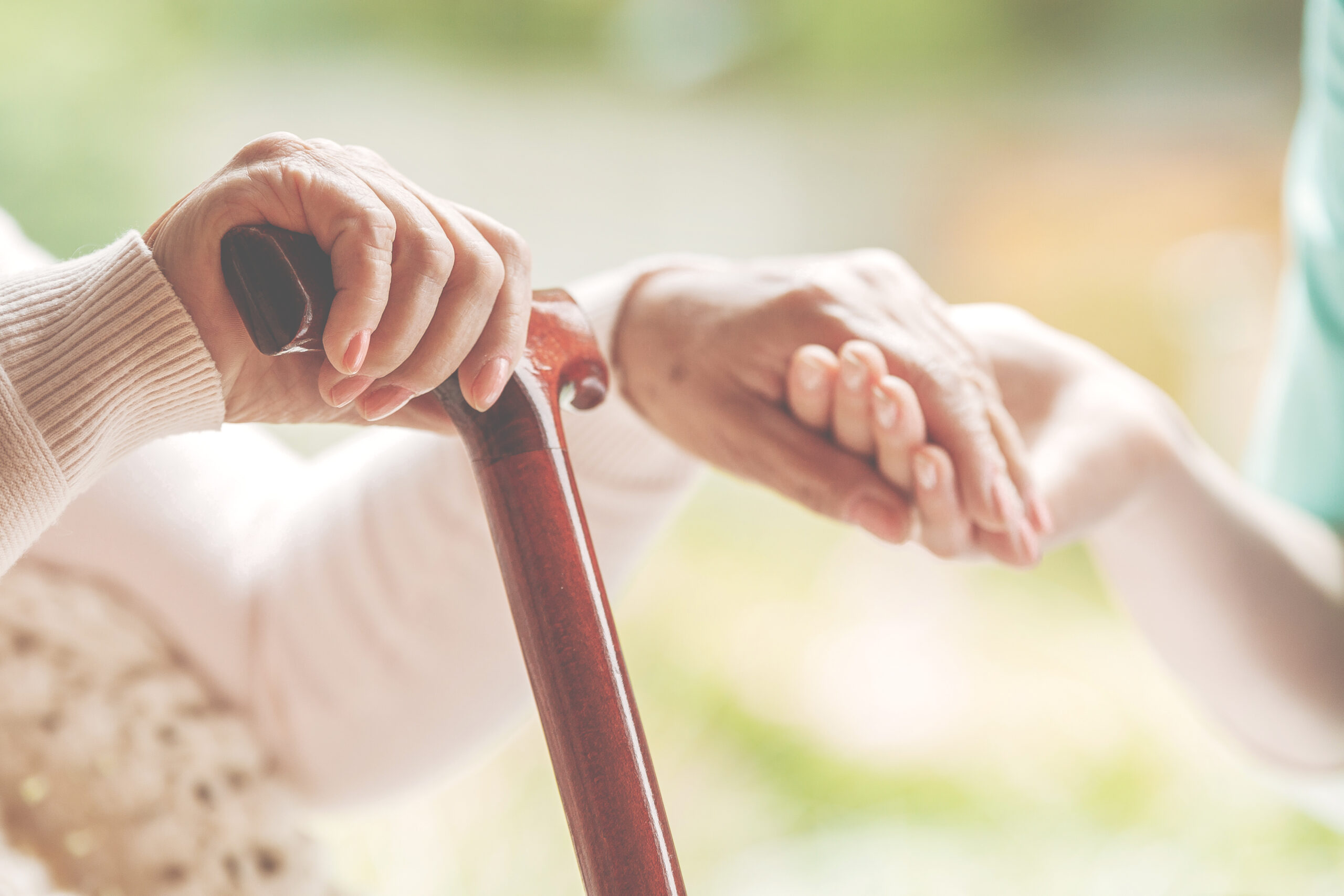The most common barriers to transitioning to assisted living
- Home
- The Briarcliffe Blog
- The most common barriers to transitioning to assisted living

- By: admin
- The Briarcliffe Blog
- No Comments
There are many reasons why people may resist transitioning to assisted living. Some may be afraid of losing their independence, or not being able to take care of themselves. Others may worry about the cost of assisted living, or about being away from family and friends.
Here are some of the most common barriers people face when transitioning to assisted living:
1. Fear of losing independence
One of the biggest concerns people have about assisted living is that they will lose their independence. This can be a valid concern, as in some cases people do have to give up some degree of control over their lives when they move into an assisted living facility. However, it is important to remember that assisted living is not the same as a nursing home, and that most residents are still able to live relatively independent lives. Bottom line, a person transitions to assisted living because they need some support with their activities of daily living and may no longer be safe at home. That’s a tough fact for many of us to face.
2. Cost
Assisted living can feel expensive, and finances can be a barrier for people transitioning into this type of care. It is important to remember, however, that the cost of assisted living is often less than the cost of other types of long-term care, such as nursing home care or in home care.
3. Being away from family and friends
One of the hardest things about assisted living is being away from family and friends. But being a way is a misconception because they can visit you and you can still go out to visit them. The idea of change in generally can be daunting, but it is important to remember that many assisted living facilities offer activities and events that can help residents connect with others and expand their social network.
4. Adjusting to a new environment
Moving into an assisted living facility can be a big change, and it can take some time to adjust to the new environment. This is normal, and it is important to give yourself some space and time to get used to new surroundings.
5. Fear of the unknown
For many people, the thought of moving into an assisted living facility can be scary because it is something new and unknown. It is important to remember that everyone feels this way at first, and that there are staff members and other residents who can help you feel more comfortable in your new home.
Stay Social to Ease Transition
It may be out of your comfort zone to participate in activities with the other people after being a solo dweller for so long, but participating in social activities and continuing ones that were previously enjoyed can have a good influence on a resident’s sense of fulfillment. If you’re a family member, schedule meetings to go over the timetable of events with your loved one and help them choose at least one activity each day they will participate in. This is a great time to try new things.
Simply listening is one of the finest methods to get your family member used to a a new setting. Many people feel they don’t want to burden their children or relatives with their feelings of sadness because they are afraid it will be spread. Others say they attempt to inform their families, but that their emotions are not acknowledged. As part of the adaptation phase many emotions may surface but by permitting your family member to discuss their experience, they will feel less and less isolated. This could cause you to feel guilty or like you need to fix the problem, however remind yourself that your loved one has very few people to talk about their emotions with. If you are able and willing to sit down and listen, it will show them that you care and want help support them.
Finally, and most significantly, offer your family members a feeling of hope. Consider what might make them feel better at home and provide some choices. Pay attention to their problems. Offer your time and company, share photographs of the family, bring food from home, and remind them how valuable they are to you. Life in a care setting is different than it was before; nevertheless, it is not the end– it really is a new beginning of a less stress filled life where needs are seen and care is provided. A person may continue to be loved and cared for while also giving love and care in return.
